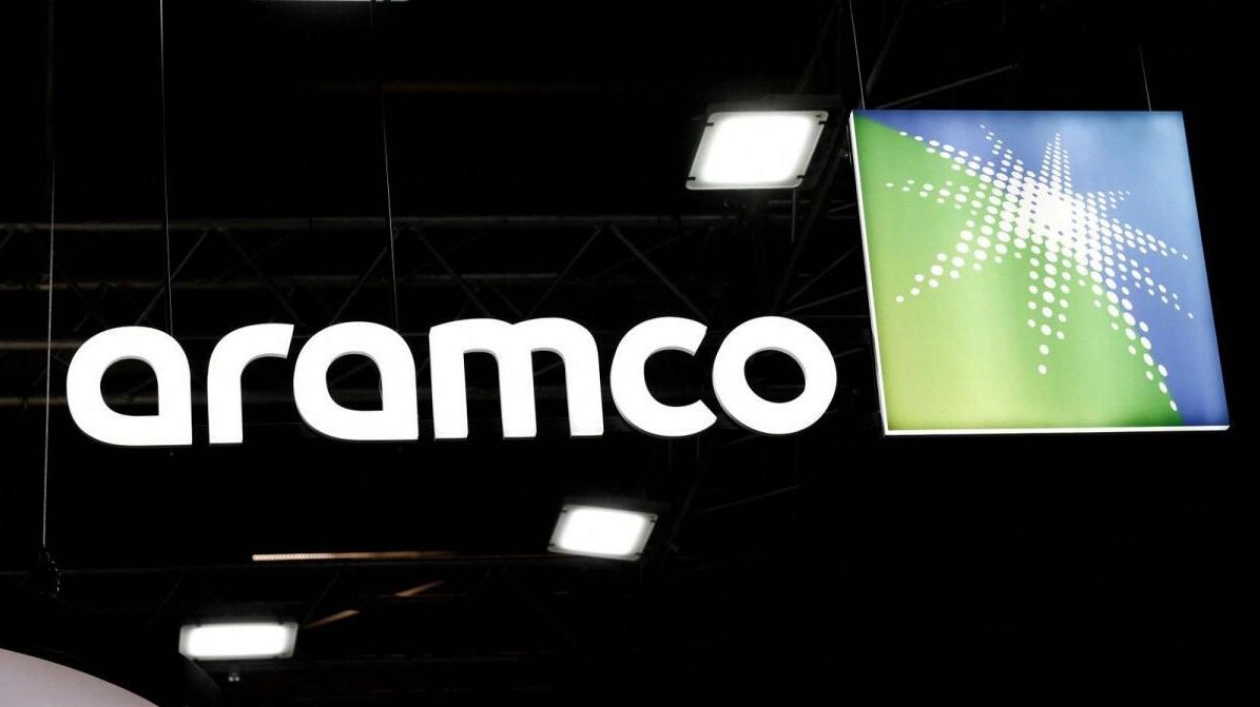Saudi oil giant Aramco announced on Tuesday a net income of $29.07 billion for the second quarter, marking a slight decrease from the same period last year due to restrained output. The 3.4 percent decline is attributed to "lower crude oil volumes sold and weakening refining margins," according to a company statement released on the Saudi stock exchange. Currently, the world's largest crude exporter, Saudi Arabia, is producing around nine million barrels per day (bpd), significantly below its capacity of 12 million bpd. Production averaged 8.8 million bpd in June, as reported by Riyadh-based Jadwa Investment. This low production level reflects cuts implemented since October 2022, when the OPEC+ alliance, co-led by Riyadh and Moscow, decided to reduce output by two million bpd to support prices. In April 2023, several OPEC+ members further reduced production by over one million bpd, and in June 2023, Saudi Arabia announced an additional voluntary cut of one million bpd. "Output will remain at similar levels until at least October," Jadwa noted, with an OPEC+ agreement in June 2024 allowing for gradual monthly increases. Aramco, a key component of the Saudi economy and a primary revenue source for Crown Prince Mohammed bin Salman's Vision 2030, supports major projects like the futuristic city NEOM, a large airport in Riyadh, and significant tourism and leisure developments. The government holds an 81.5 percent stake in Aramco, one of the world's largest companies by market capitalization. Aramco's 2019 initial public offering raised $29.4 billion, and a secondary offering this year garnered $12.35 billion. The company introduced a performance-based dividend last year, in addition to its base dividend. In May, Aramco announced base dividend payouts of $20.3 billion for the first quarter and a performance-linked dividend of $10.8 billion for the second quarter, with expectations to declare dividends totaling $124.2 billion in 2024. "We have once again delivered market-leading performance, with robust earnings and cash flows in the first half of the year," stated Aramco CEO Amin Nasser. Aramco achieved record profits in 2022 following Russia's invasion of Ukraine, which led to soaring oil prices and Saudi Arabia's first budget surplus in nearly a decade. However, the company's profits fell by a quarter last year due to lower oil prices and production cuts, with a 14.5 percent drop in the first quarter of this year. In January, Aramco was directed to abandon plans to increase production capacity to 13 million bpd from its current 12 million bpd. Analysts suggest this decision may reflect doubts about demand, although Energy Minister Prince Abdulaziz bin Salman cited the transition to cleaner fuels. Saudi Arabia aims to achieve net zero carbon emissions by 2060, a goal met with skepticism by environmental activists. Aramco has committed to achieving "operational net-zero" carbon emissions by 2050, excluding emissions from the use of its products.

Text: Lara Palmer
06.08.2024
Saudi oil giant attributes slight income drop to lower crude sales and refining margins





